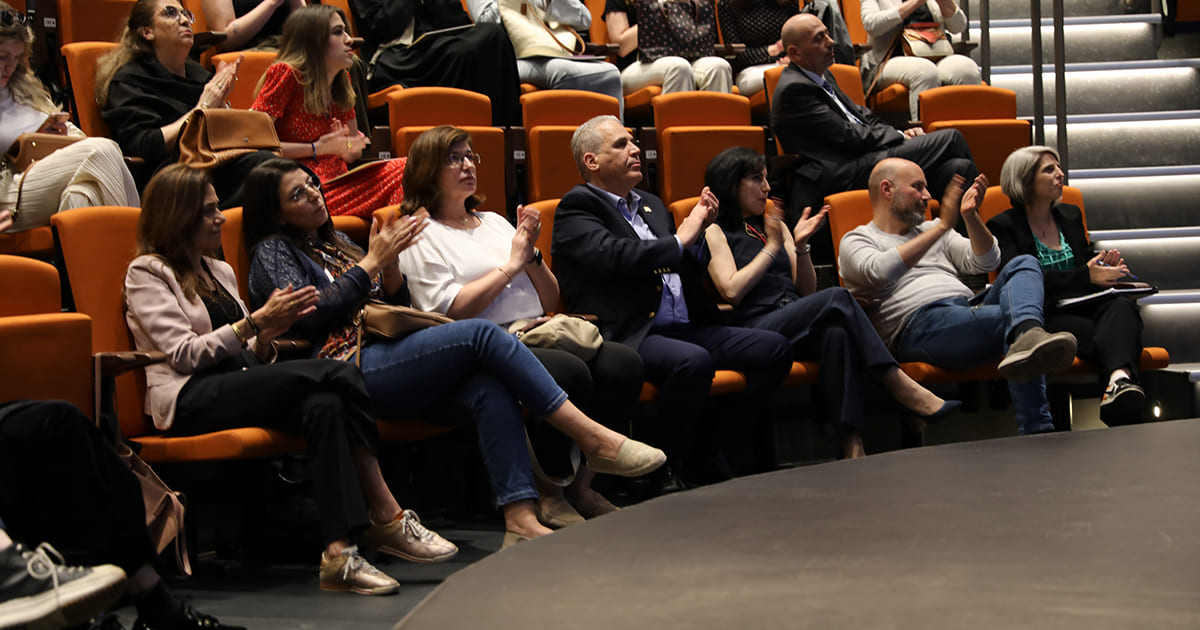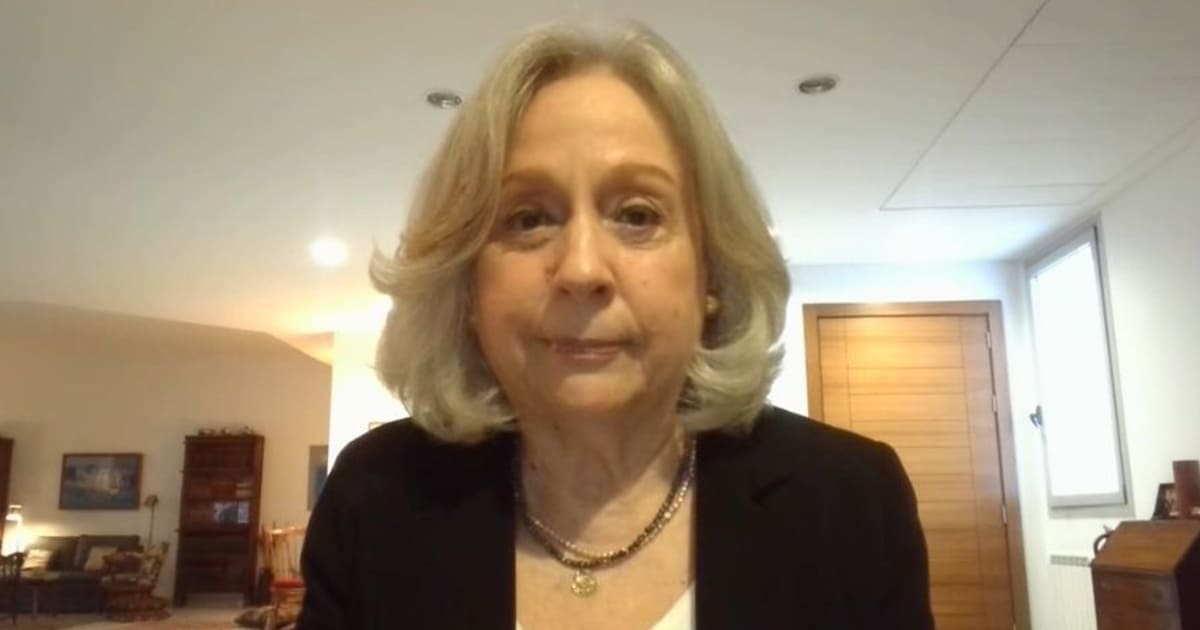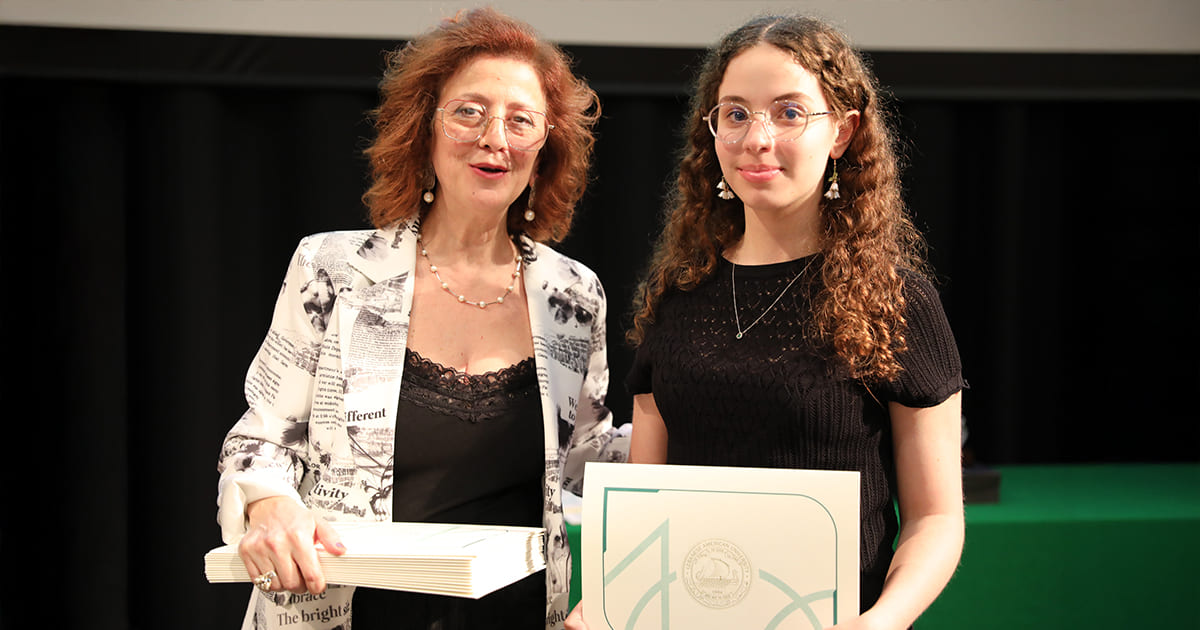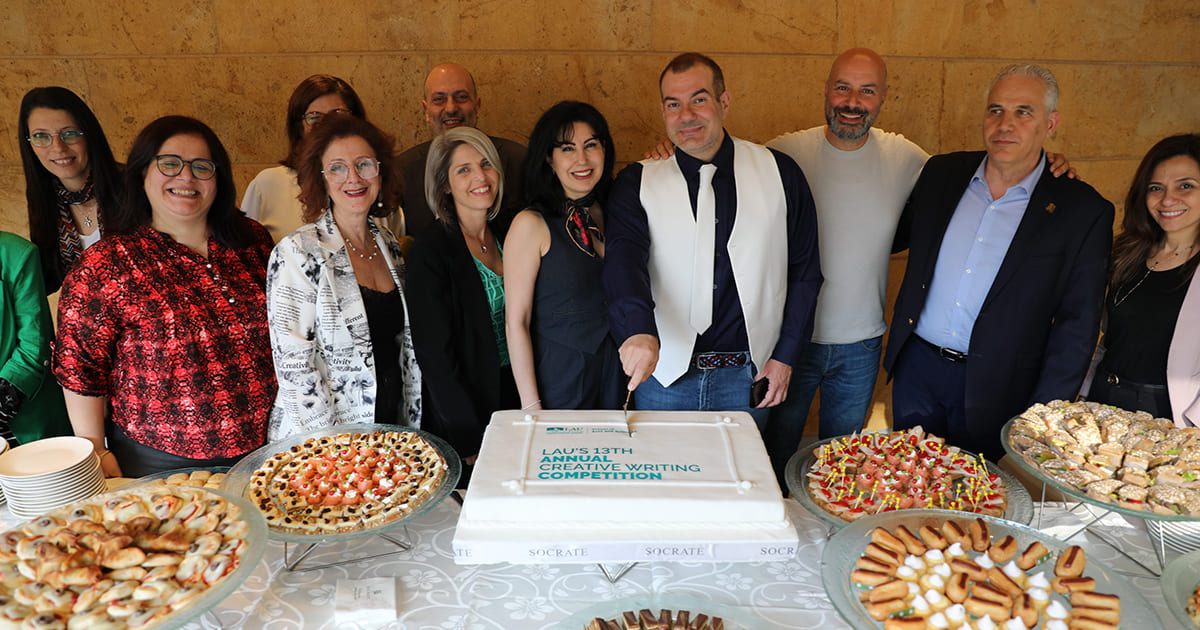Stories That Color Outside the Lines
In its 13th run, the annual Creative Writing Competition challenged students to turn personal boundaries into narratives of healing and resilience.
LAU’s Creative Writing Competition has long established itself as an initiative that does far more than recognize student writing. For the past 13 years, it has created a medium for students in which literature and education intersect with their personal growth.
This year’s iteration focused on the theme of boundaries, be they physical, emotional, cultural or professional, cutting straight to the heart of Lebanon’s and the region’s prevalent status quos.
Open to all LAU undergraduate and graduate students as well as alumni, the competition allowed the participants total creative liberty in examining the blurred lines that demarcation can take in a struggling nation.
During the awards ceremony, which took place on April 25 at the Gulbenkian Theater on the Beirut Campus, Associate Professor Sleiman El Hajj stressed how, on the surface level, boundaries may appear static, but are in fact multi-dimensional. “When we think about boundaries, we immediately think of the obstacles that stand in the way of our growth and wellbeing as individuals and as societies,” he said.
But often, he added, the most systemic boundary people encounter “is that of silence,” or rather “the inability to articulate and reveal what hurts the most despite any country’s shared, lived realities.”
Each year, the competition’s theme reflects a broader understanding of creative writing’s role in academia and society, beginning with Dr. El Hajj’s revamping of the Creative Writing curriculum and the introduction of innovative courses to the LAU English Program, such as Life Writing and Illness Writing.
These courses are designed to offer safe spaces where students can express themselves freely and candidly, with critique limited to the methods and framing of intimate storytelling.
This rhetoric was reflected in the words of this year’s guest of honor Roseanne Saad Khalaf, the founding director of the first creative writing program in Lebanon and a retired professor of English at the American University of Beirut (AUB).
In a recorded message, she spoke of her lifelong journey as a writer, scholar, and educator, providing over 30 years “a space for gifted young people to express themselves in imaginative ways that challenged the strictures imposed by traditional teaching approaches.”
Submissions to the competition foregrounded its role as an outlet for catharsis, with some entries articulating experiences of war and displacement while others reflected on themes of ableism, mental health and belonging.
Associate Professor and Assistant Provost for Accreditation and Academic Operations Rula L. Diab underscored “literature’s ability to capture and preserve important stories when other forms of documentation, including AI, fall short.”
An additional spot was added to this year’s roster of winners to recognize senior psychology student Mohamad Kobeissi, who claimed fourth place for his piece, Smoke Rising. Through a raw exploration of familial trauma, Kobeissi spoke of how violence can ripple across generations in a family and leave an imprint on those involved.
Tying for third place were computer science alumna Aria Kalforian (BS ’21) and senior TV and Film student Leen Fakih. Kalforian secured her spot for her piece, Stamped, which dissected “passport privilege” and how mobility in Lebanon can impact one’s dignity as a Lebanese-Armenian individual.
Fakih shared positions with Kalforian with her submission, It Was All Gone, a reflective piece of prose providing eyewitness literature of the October 2024 attacks.
Second place went to fashion design senior Hanin Bzeih and graphic design alumna Francesca Ghosn (BA ’22). Bzeih’s Identity Thief earned her the award for its exploration of mother-daughter relationships and the emotional cost of establishing boundaries in a family setting.
Ghosn tied with Bzeih with Let It Be Mine, which used creative framing to transform a toxic friendship into a case study of boundary-setting.
In first place came English junior Fatima Besher, whose piece, Boundaries in the Wind, commented on cyclical violence through a personal and national narrative on trauma and displacement during Israel’s 2024 attacks on South Lebanon.
Throughout the ceremony, co-organizers Senior Instructor Paula Abboud Habre and Instructor Nayiri Baboudjian Bouchakjian handed out certificates to the participants, in addition to honorable mentions to a few select pieces that resonated with the jury.
The event featured, too, readings from Bouchakjian’s recent memoir, “Teaching in the Times of Genocide”, as well as from the 2025 prize-winning flash fiction, Under Pressure, by LAU Alumna Heba El Hallak (BA ‘24).
In order to provide continuous access to the creative community at LAU, Habre has begun efforts to archive current and past winning entries in the university library.



